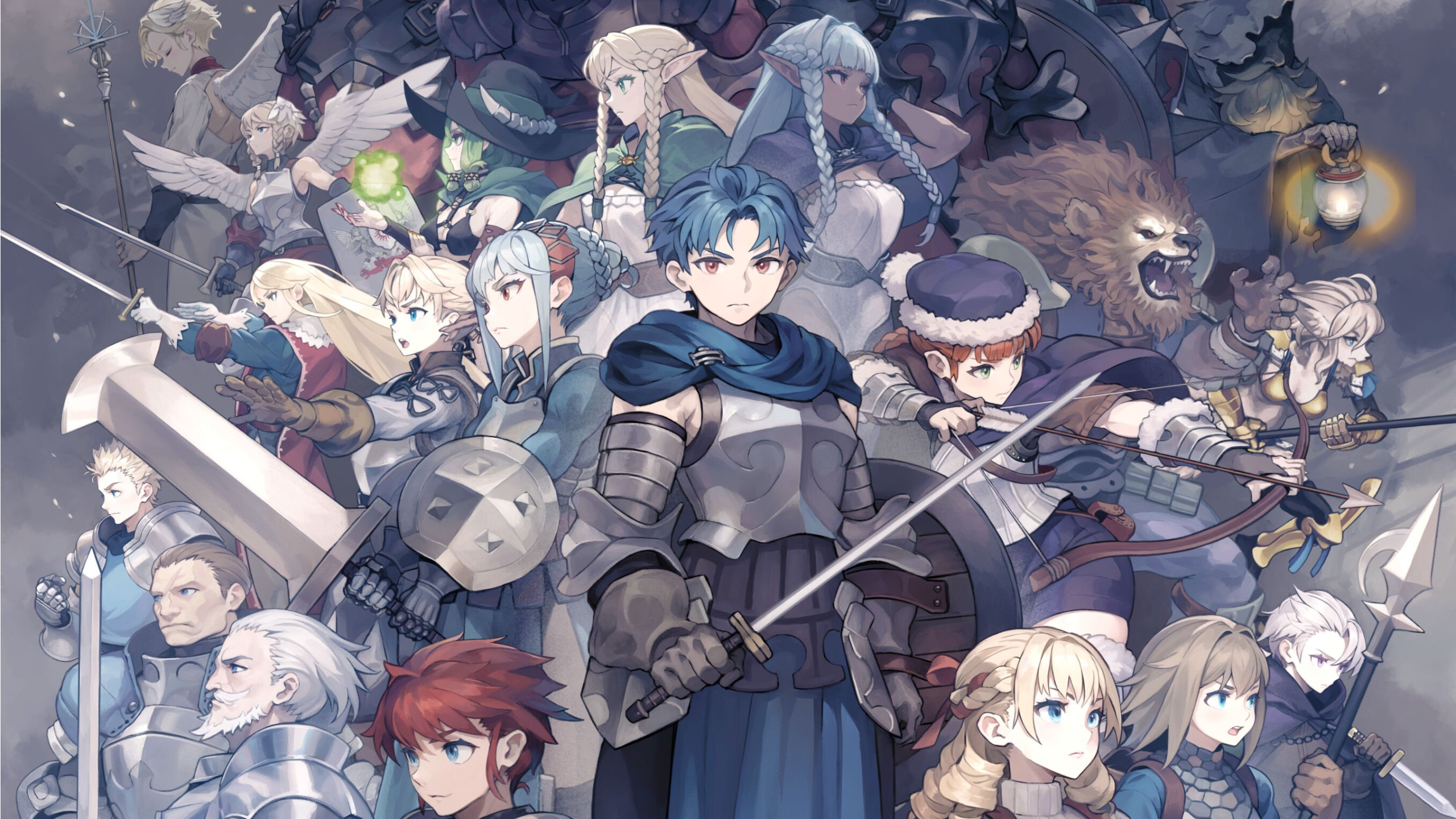Building an ideal party is one of my favourite things to do in any roleplaying game where the cast size matches a Wes Anderson flick – purely because, in the good ones, there’s no right answer. You can prioritise your most-loved companions over any real strategic logic. Heck, I sometimes just pick the characters who I look cute together, regardless of whether they’ve spent any on-screen time together. Unicorn Overlord is a strategy RPG about that lovely party tinkering, and this time, the cast is instead as big as one of those animated sitcoms that have been on air across a couple centuries.
Unicorn Overlord reviewDeveloper: VanillawarePublisher: Atlus, SegaPlatform: Played on Xbox Series X/SAvailability: Out now on PS4, PS5, Xbox Series X/S, and Switch
That almost sounds like too much to manage, but I promise it’s not. Unicorn Overlord starts small. The evil Zenoiran Empire sweeps through a high fantasy world, seizing large swaths of land, murdering the Queen, and displacing the only living heir to the throne who later grows into a resistance-leading warrior (AKA you, AKA Alain.) Heard any of that before?
Unicorn Overlord plays with overfamiliar tropes throughout its entire 50-ish hour runtime (there’s a lot of side stuff to dig into, by the way), though that didn’t really bother me because – with over 60 unique characters plus ones that you can create and “hire” yourself – the game shines when it’s dishing out piecemeal vignettes that slowly contextualise its world.
You see, the resistance starts with orphaned prince Alain and his small crew of friends, before quickly ballooning into a dense army that welcomes new additions after every big battle across its explorable map, pulling criminals, noblemen, clerics, long lost cousins and, err, bird-thing-people into your ranks constantly. Meeting them all fills in the big world’s different corners with complicated histories and, more importantly, personal stakes that you sometimes have influence over.
For example, one early battle gives you the decision to free or execute Gammel, a thief who invades a small town with his criminal band, after he gives you an admittedly sad sob story. I chose to let him go and, to my surprise, he showed up 10 hours later as a changed man, trying to liberate another woodland town from the bandits he once led. Another sees wyvern-tamer Hilda, sister to one of your own troops, brutally quarantine a diseased village on the empire’s behalf. Do you let your ally convince their sister to join the resistance? Or do you simply take her out mid-battle? I’m not sure what would happen to these characters if I chose differently, but I’d be more than happy to sink another couple dozen hours to find out.
